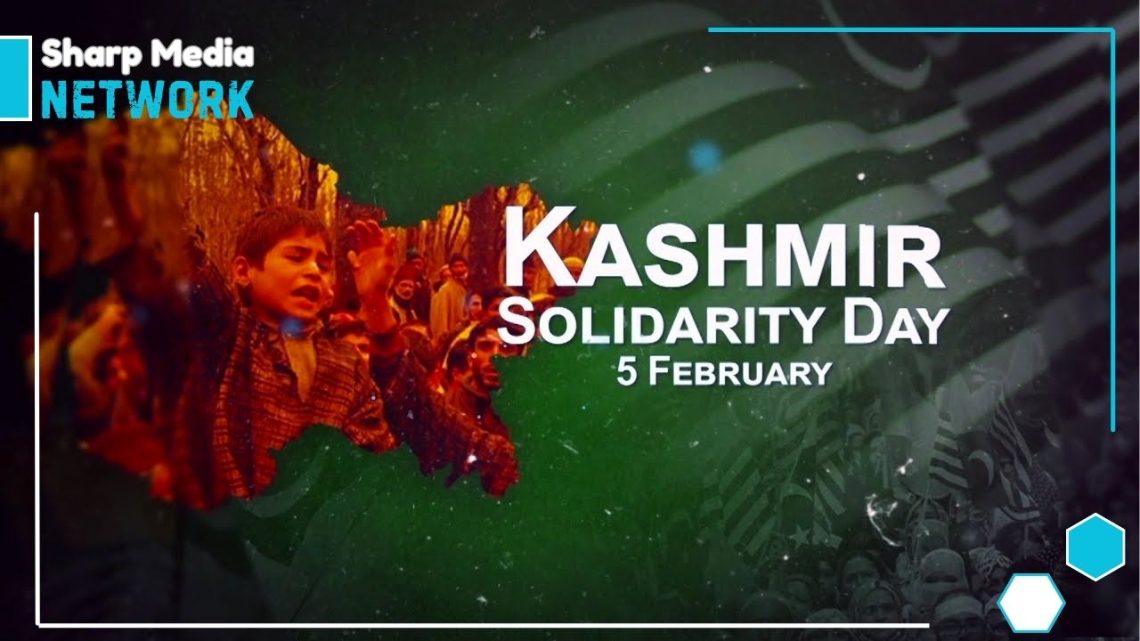
Kashmir Solidarity Day: Kashmiris Shout For Self-Determination!
February 4, 2025Political analysts and international experts argue that the people of IIOJK continue to face a grave injustice, calling for an end to India’s illegal occupation and the fulfilment of their right to self-determination—a promise enshrined in the United Nations’ resolutions for over seven decades.
The political analysts and experts have once again emphasized the overwhelming demand of the people of Indian Illegally Occupied Jammu and Kashmir (IIOJK) for an end to India’s unlawful occupation and their right to self-determination. This right, they note, is guaranteed by United Nations Security Council (UNSC) Resolution 47, adopted in 1948.
According to experts speaking anonymously in Srinagar, India’s unilateral decisions, particularly the controversial actions of August 2019, are in direct violation of international law and contradict UN mandates. These actions, they argue, have only deepened the ongoing crisis in the region, leaving Kashmiris in a perpetual state of uncertainty and suffering.
The analysts point out that the promises made over 70 years ago by the UN remain unfulfilled, particularly the commitment to hold a plebiscite in Kashmir. This broken pledge, they argue, has left the people of IIOJK in a constant state of political limbo, desperately waiting for the self-determination that was promised but never delivered. Experts stress that the Kashmir issue is a crucial test of the UN’s adherence to its core principles of justice and equality. They warn that the global community’s continued silence on the matter significantly damages the credibility of the United Nations, undermining the very foundation of its resolutions and international law.
One of the primary concerns highlighted by these experts is the militarized repression faced by the people of IIOJK. India’s heavy-handed policies in the region, they assert, are in clear violation of both the Geneva Conventions and international human rights standards. The analysts strongly argue that the only viable solution for lasting peace in South Asia is a UN-supervised referendum. However, they also caution that the United Nations’ failure to act has only emboldened India’s occupation and contributed to rising tensions in the region, creating a volatile situation that threatens regional stability.
“The world cannot preach the importance of self-determination while ignoring IIOJK’s longstanding plea for freedom,” experts warn. They call for immediate international intervention, urging the global community to hold India accountable for its actions and to ensure that the UN-mandated plebiscite is implemented without further delay.
The continued struggle of the Kashmiri people serves as a stark reminder of the gaps between the promises made by international bodies and the harsh realities of geopolitics. As the region remains embroiled in conflict, the need for a fair, UN-supervised plebiscite has never been more urgent.

